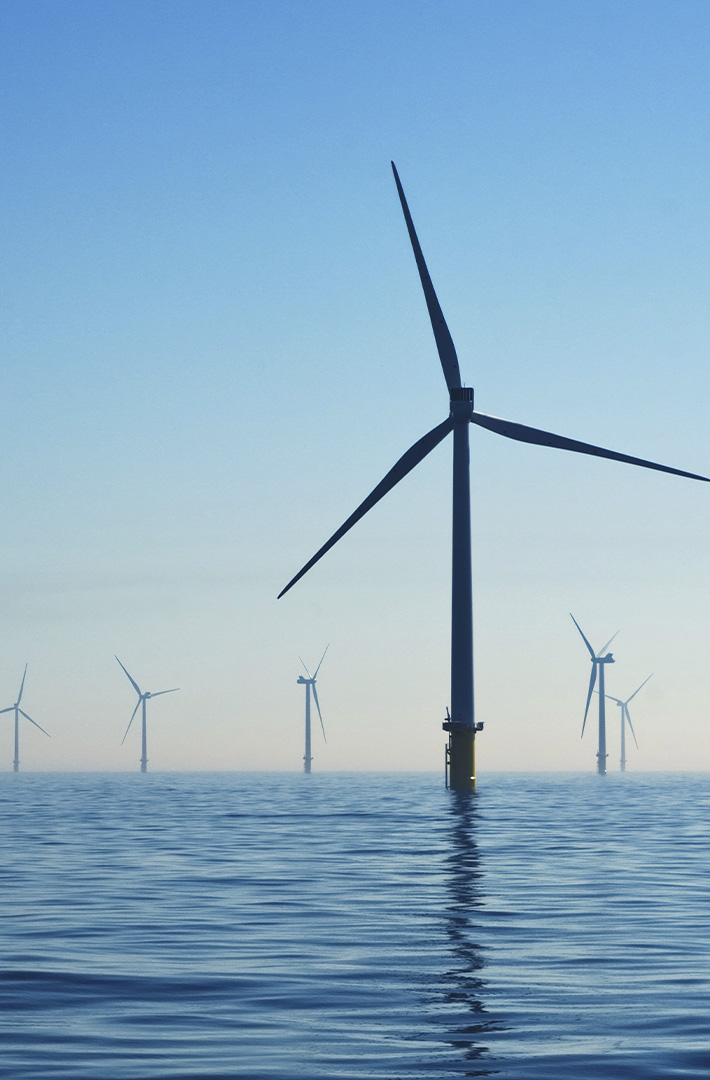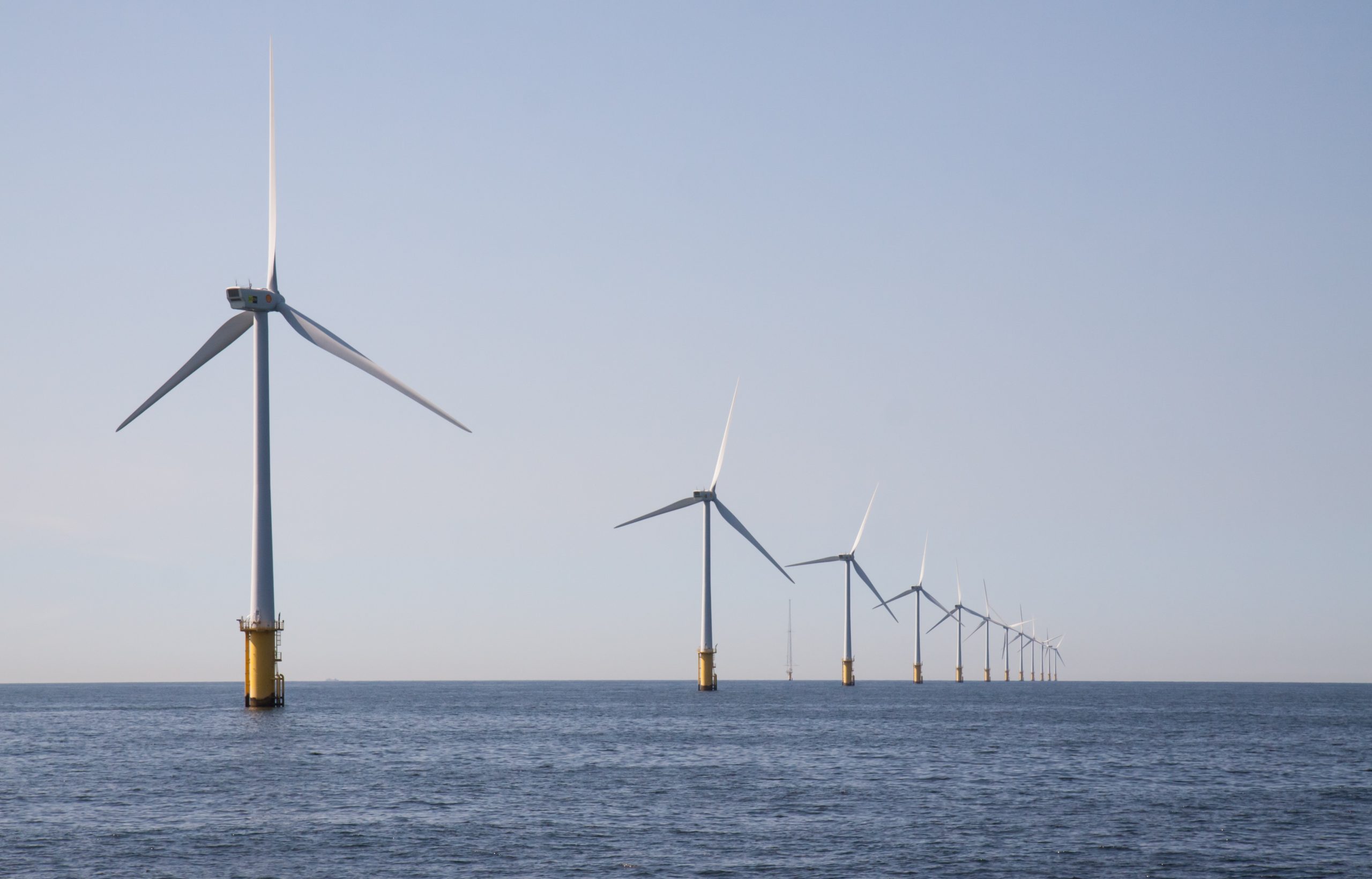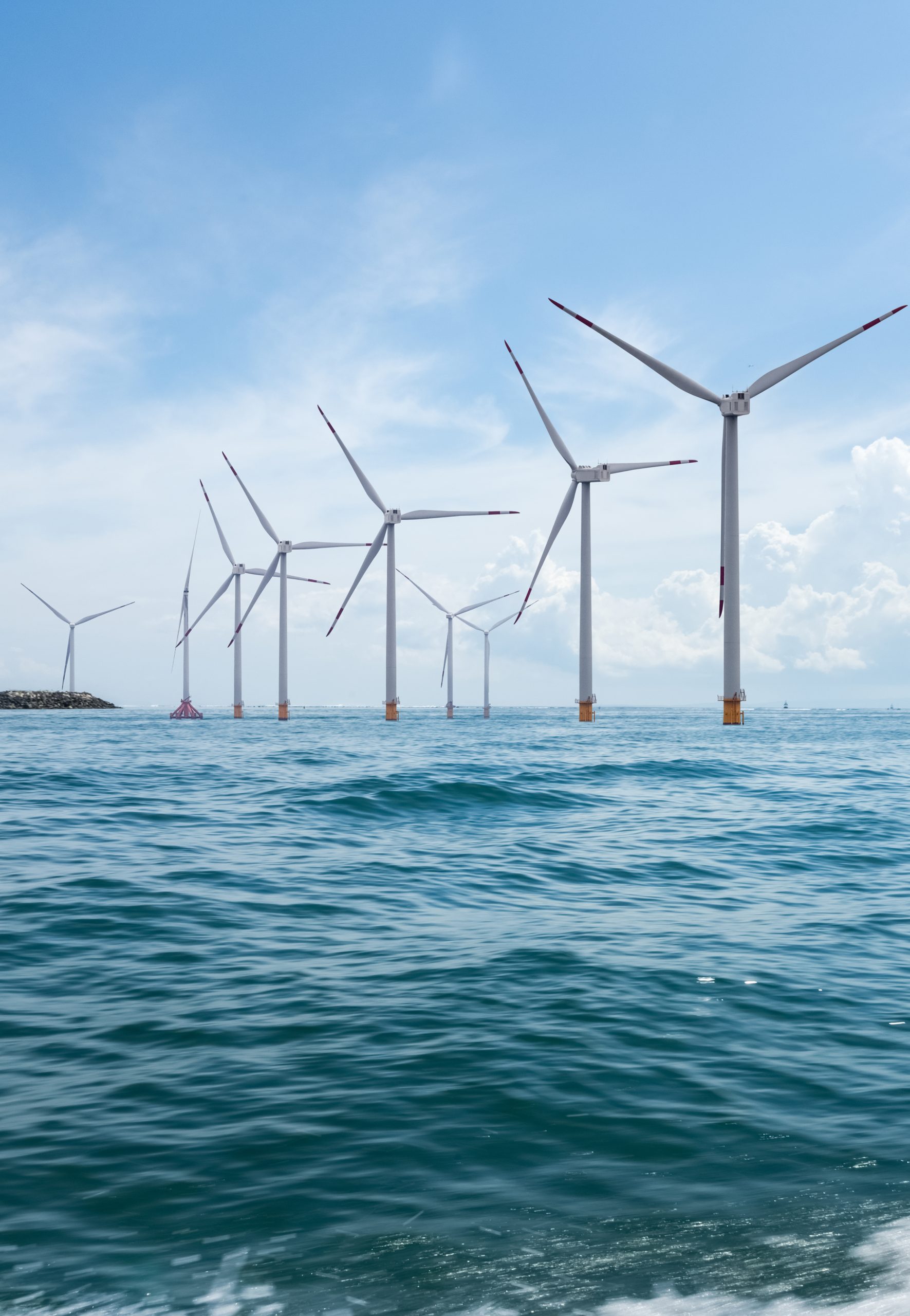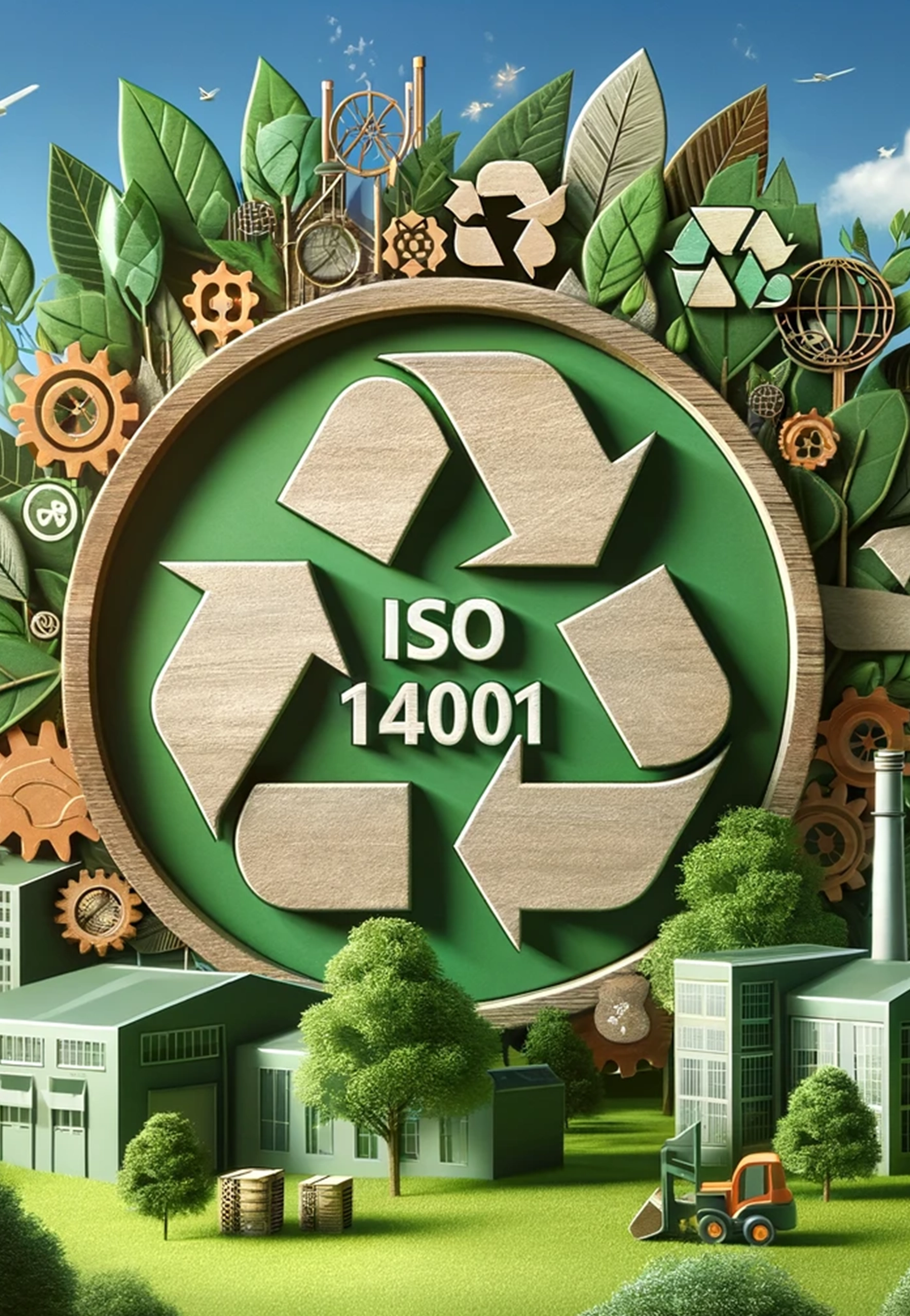
Renewable energies, key to energy dependency
the situation of Spain’s energy dependence and what measures are necessary to achieve the evolution of renewable technologies..
Energy Dependence and Renewable Energy
Energy dependence has been decreasing over the years as decarbonisation and the commitment to energy transition have increased. The start of the deployment of renewables in Spain meant that the historical maximum energy dependence of 81.3% reached in 2008 was reduced in 2012 and 2013 to 70.2%. Even so, dependence is still high and a greater presence of renewables is needed to reduce it even further.

Spain’s situation
More than 70% of Spain’s energy production depends on non-renewable primary energy resources, which must be imported from other countries for domestic supply. To meet the needs of its primary energy mix (43.6% oil, 21.5% natural gas, 8.7% coal, 12.2% nuclear and 14.2% renewables in 2013), Spain must import gas, oil, coal and uranium, making it a country that is highly dependent on foreign energy.
Furthermore, EUROSTAT also points out that not only is Spain’s energy dependence high, but the figures are significantly higher than in the EU-28, since in 2013 Spain’s oil imports were 97.4% compared to 87.4% in the EU-28, and its dependence on natural gas was 98.6%, compared to 65.3% in the EU-28.
With all this, Spain is integrated in the response system developed by the OCDE in the face of possible supply interruptions and other emergency situations.
Measures and actions
Faced with this situation of energy dependency, various associations and organisations have proposed measures to increase the use of the national renewable potential and improve the overall situation:
- Avoiding the dumping of renewable electricity
- Extend mini-hydro concessions
- Increase the use of self-consumption surpluses in medium and large installations
- Promote hybridisation
- Promote energy saving and efficiency
- Promote the electrification of our energy system based on indigenous sources of generation
- Promote the exploration of conventional and non-conventional hydrocarbons
“To incorporate the 5,000-7,000 MW per year of renewables we need to reach the target of 74% renewable electricity by 2030 we need everything: self-consumption, wind, grid-connected photovoltaic, biomass, mini-hydro, large hydro. We cannot increase our production without having a higher installation rate and that means using all the options that our renewable resource gives us” – González Moya (Director off APPA Renovables).
Acebron Group’s role
Acebron Group can boast of being a worldwide reference company in the sector and of contributing to the energy transition that will allow Spain to base its energy consumption on renewable primary sources. We have more than 20 years of experience working as a benchmark supplier in the sector, both in the manufacture and in the refurbishment and repair of components for onshore and offshore wind farms and hydroelectric power plants.
Acebron Group is leading the green transformation and the figures back us up:
- 9,677 MW of renewable energy installed worldwide by our customers with shafts manufactured by Acebron Group.
- 45% Co2 emission savings on parts repaired by Acebron Group
- 56,173 components supplied and/or repaired since 2002
- 3.680 homes powered by renewable energy with components repaired by us
- 276 MW installed capacity with Acebron Group components




